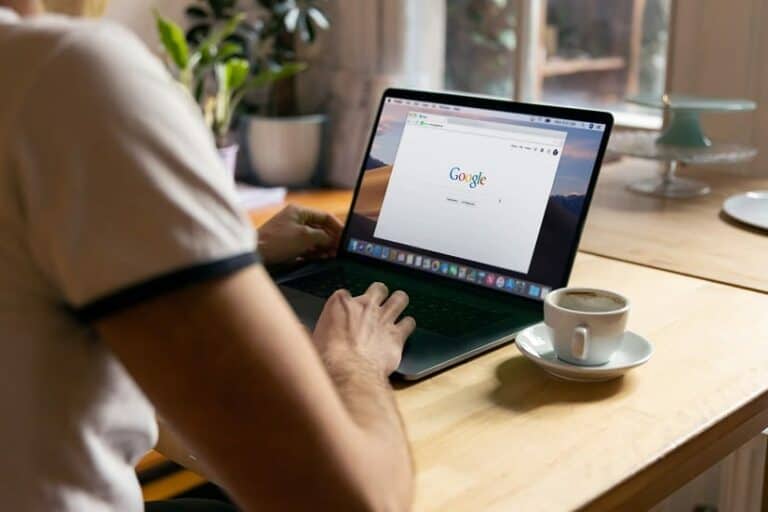While the idea is intriguing, turning a chatbot into a viable business will be challenging. Google has had a chat search interface, the Google Assistant, for seven years but has been unable to monetize it. Furthermore, generating a chat session for every search will cost more than a traditional search.
Currently, Google search builds an index of the web, which is scanned, ranked, and categorized to provide relevant entries in search results. A ChatGPT-style search engine would involve firing up a vast neural network modelled on the human brain for every search, generating text, and querying an extensive search index for factual information. Interacting with a chatbot will take longer than a fraction of a second, as the back-and-forth nature of ChatGPT will be more involved than a traditional search engine.
Also read: Google introduces Bard as a competitor to ChatGPT
AI Search is way more expensive than traditional search
That represents billions in extra costs. The estimated yearly cost increase for Google varies, with Morgan Stanley estimating a $6 billion increase if a “ChatGPT-like AI” were to handle half of the queries Google receives with 50-word answers. Consulting firm SemiAnalysis forecasts that it would cost $3 billion.
Although Google is being cautious about scale, it is interesting to note that Google is already operating at a scale that will dwarf most companies and could handle whatever computing load is thrown at it. Scale is only a matter of what Google feels like paying for.
Search is a primary business for Google, and with the need to process 8.5 billion searches daily, per-search costs can quickly pile up.
Alphabet’s John Hennessy has said that Google is looking into driving down costs
However, with the company going on a cost-cutting bloodbath, looking ahead to its core consumer product having skyrocketing costs for “a few years” is not ideal. The profitability of chatbots is still being determined, as evidenced by Google’s and Amazon’s voice assistants, which have failed to generate a profit after years of trying.
OpenAI charges on a per-word-generated basis, which doesn’t work for search engines. While Microsoft has met with advertisers to detail its plan of “inserting [ads] into responses generated by the Bing chatbot,” it’s unclear how awkward that would be or if consumers would react when a chatbot suddenly kicks over into an ad break.
Ultimately, the profitability of a ChatGPT-style search engine versus a traditional search engine is still unclear. If instantly getting a good answer results in less time spent on Google than digging through a list of 10 blue links, it’s unclear if a chatbot interface would result in more or less ad revenue.
